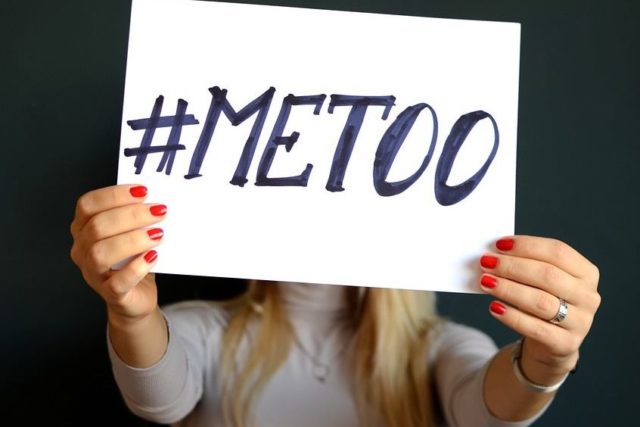Catcalling: What is it? We hear this word thrown around all of the time. When we see it depicted on TV, it’s usually a bunch of rowdy construction working standing around whistling and calling out obscenities to a beautiful woman in a short skirt. While that is DEFINITELY catcalling, it is an extreme case. Catcalls don’t have to be overtly crude or sexual, sometimes it is as simple as somebody saying “hey, baby” as they pass you on the street. Let’s talk about what counts as catcalling and why we consider it to be sexual violence.
Wikipedia gives an excellent description of “Street Harassment.” This robust definition includes catcalling as a type of street harassment, but also includes things like honking, following, and making gestures. It also explains that these behaviors count as street harassment in any public place. In my mind, catcalling and street harassment are interchangable. Let’s discuss why street harassment matters.
First and foremost, catcalling or street harassment is a violation of a person’s bodily autonomy. When a person goes out to run errands, they go into public with the intention of being treated as any other citizen. When somebody calls out to the woman wearing a nice blouse and leggings, she is no longer a passive member of society, she is now an object for public consumption. This is a violation of her right to present her body as she wishes. The catcall has forced her into a sexual setting that she did not choose to be in. She may now feel that everybody is looking at her in a sexual setting while she buys groceries for her family.
Catcalling puts an unexpected spotlight on the victim that can cause extreme discomfort or embarrassment. People expect that nobody is paying much attention to them as they cross the street, but when the man walking towards me in the crosswalk makes kissy faces at me, I now feel that people are looking at me in a sexual way. I put my head down and lower my shoulders to stand out less. I no longer want to be in public.
When a stranger calls you “baby” on the street, or somebody whistles at you from the car, you might feel like you’re on display. The catcallers are taking away your right to present yourself in a way that you are comfortable with. This is a violation of a person’s right to their own body and can affect the way that people present themselves. After getting catcalled while wearing a sleeveless blouse, I made sure to wear sleeves the next time I went out. I no longer have the freedom to wear what I want if I want to feel safe or comfortable.
Catcalling is considered sexual violence because it violates a person’s bodily and sexual autonomy by publicly forcing them into a sexual context. There was no consent to enter a sexual conversation or situation with the stranger on the street. It can be humiliating to the victim and can cause lasting discomfort. Oftentimes after being catcalled, I feel uncomfortable in my own skin. I don’t want people to look at me, even when I’m simply walking down the street. The paranoia that follows being catcalled can affect a person’s self esteem and how they view themselves.
Hi, I’m Sandy! I’m a high school math and science teacher and a graduate of Franklin and Marshall College, class of 2020, where I studied astrophysics and music performance. My drive for co-founding Survivors was primarily my own experience with sexual violence as a teenager. I wanted to be able to provide the resources and support to young survivors that I didn’t have when I needed it most. I want to give survivors a place to speak freely about their own experiences without fear of repercussions, and more importantly, give them a place to heal and feel powerful. Outside of Survivors, in my spare time, I like to play video games, hike, and drink coffee. treasurer@survivorstosuperheroes.org



